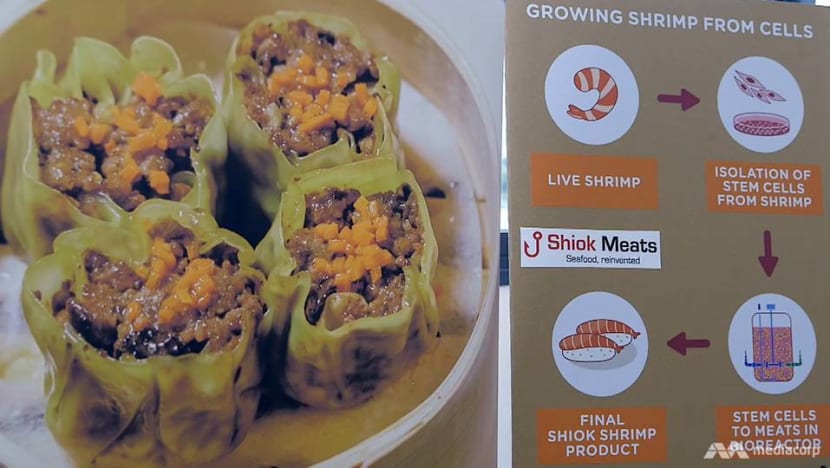Grow meat at home from stem cells? It’s coming, says Shiok Meats CEO
Sandhya Sriram is confident that people will be able to make their own meats. Before that happens, her company is taking its lab-grown shrimp to restaurants in Singapore — as early as next year.
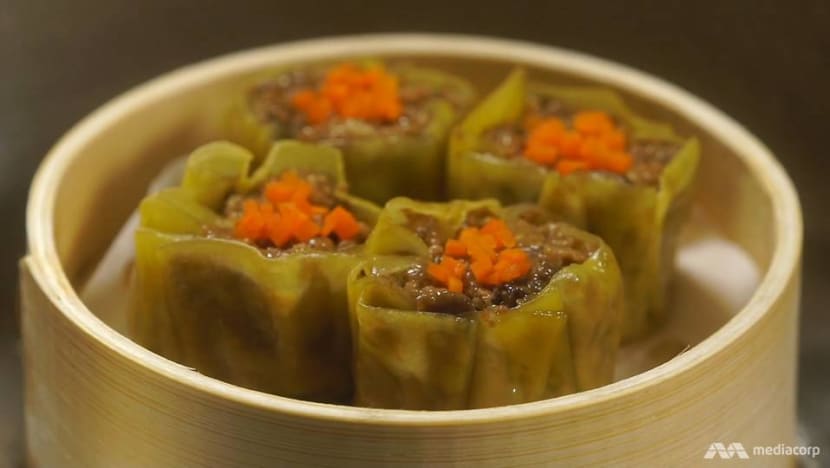
Lab-grown siew mai. With the right set-up, the dish could be grown in people's homes too.
SINGAPORE: What if you are able to “grow” your own meat at home? Would it change the way your family eat?
The idea is not in the realms of science fiction any more, according to stem cell scientist Sandhya Sriram.
She envisions that people could have a small bioreactor — “a fancy name” for something like a pressure cooker — that can maintain the right temperature and conditions for cells to grow into meat.
“It’s much like making beer or wine at home, or even baking a piece of bread,” says the 35-year-old.
It is already happening in Japan, where there are biohackers trying their hand at developing DIY meat at home through the Shojinmeat Project, a citizen science project.
Sandhya knows more than most about this technology and how to make cultured meats. She is the co-founder and chief executive officer of Shiok Meats, the homegrown company growing cell-based shrimps in a laboratory.

She gives it 10 years before people can “have this kind of set-up in their house for them to make meats”.
Meantime, consumers here will get a taste of things to come when her company starts selling its shrimp to restaurants next year, she discloses.
“So you can walk into a restaurant that we’re partnering to basically buy a shrimp siew mai dish or shrimp fried rice or a shrimp soup dish.”
It has been 18 months since Shiok Meats began as the first cell-based clean meat company in Singapore. And it is unlikely to be the last.
READ: Commentary: Clean meat - the next big thing in Singapore’s push towards agriculture?
FOR NOW, IT’S S$150 A SIEW MAI
Growing meat in a lab is cutting-edge technology being attempted by a handful of companies around the globe.
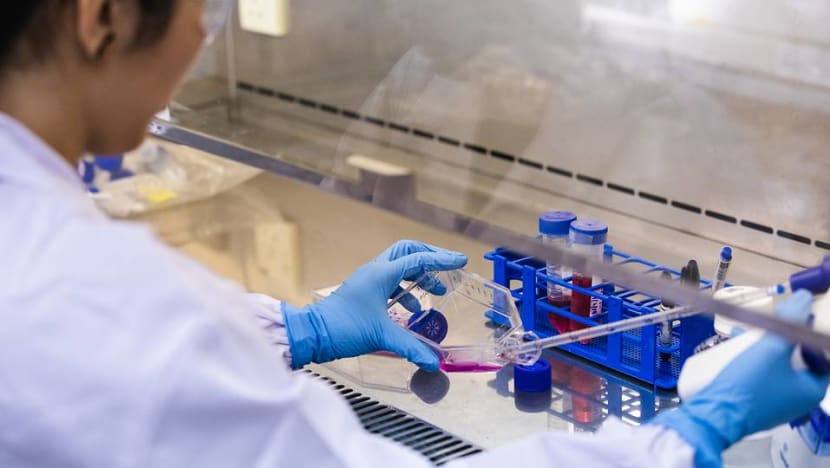
Their labs have successfully made hamburger patties and shrimp dumplings, but these are not yet commercially available because a tiny amount of cell-based meat costs thousands of dollars. Last year, it cost Shiok Meats S$5,000 to produce eight dumplings.
That has since come down to S$5,000 for a kilogramme of shrimp meat. In other words, each siew mai would set you back S$150.
READ: Siew mai goes high tech: Singapore's first cell-based shrimp dumplings launched
By year end or the start of next year, however, it will be a “two- to three-digit number” per kilogramme.
And that has to do with the biological research her start-up is doing, says Sandhya, who earned her PhD from the Nanyang Technological University.
WATCH: Lab-grown meat, in Singapore restaurants in 2021 (and at home by 2030)? (2:41)
At heart of the technology, what her company does is to take out stem cells from live shrimps and grow the cells “over and over again” by feeding them a liquid nutrient, or “nutrient soup”.
“It’s a mix of proteins, carbohydrates and fats, very similar to what the animal would eat itself. But because the cells don’t have a digestive system, you have to give them a very simple ingredient mix,” she explains.
“It’s made only by pharmaceutical companies. It’s not made by anyone else in larger quantities for us to purchase, hence the cost. So 90 per cent of our multi-thousand-dollar kilogramme per shrimp is the price of that nutrient solution.”
The pharma companies do not reveal what is in this proprietary substance, “but to an extent, we as scientists definitely know”, she says.
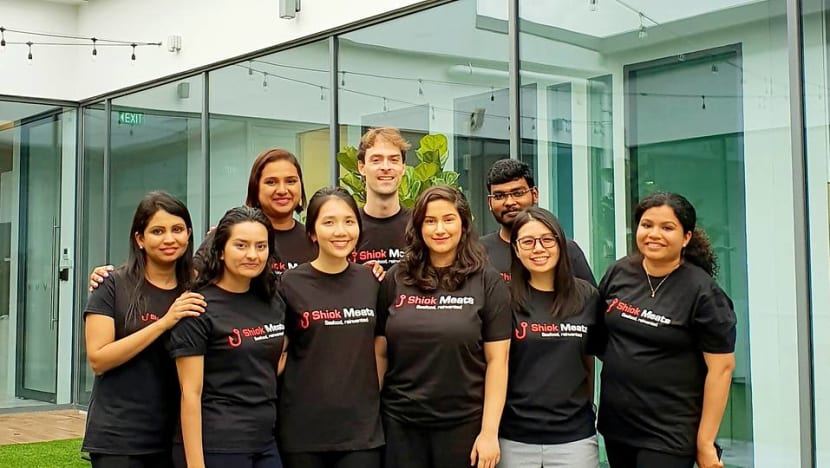
And by swapping some of the pharmaceutical-grade ingredients for plant-based and edible ingredients, Shiok Meats has reduced the cost. “We haven’t found an exact alternative for the rest. So now we have to start working on those,” she adds.
“We’re getting there. … It’s been only 18 months since we started, but we’re quite positive that we’ll launch commercially next year in Singapore.”
START OF A REVOLUTION
While cell-based meats come from an animal, what has recently taken the world by storm are plant-based meats. They are, to an extent, direct competitors in the market, acknowledges Sandhya.
“But honestly, (in 2050) the world’s population is going to be 10 billion ... We don’t even have enough food to feed the seven billion that we are currently,” she says.
“You need different sources of food ... So I believe that a mix of plant-based, cell-based and insect-based protein is going to be the future. It’s already started.”
READ: Crickets, algae, soya discard — 3 foods of the future, made in Singapore
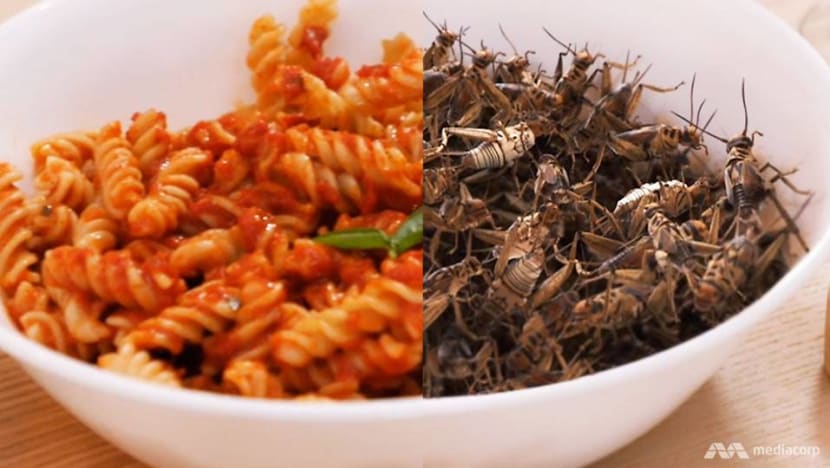
To consumers who might think that cell-based meats are slightly like Frankenstein food, she points out that “most of your packaged food that you get in a supermarket now” were made in labs “at one point in time”.
“Then it goes out of the lab and goes into ... a food manufacturing facility,” she adds. “That’s exactly what we’re doing with cell-based meats.”
Shiok Meats is setting up its manufacturing facility this year, specifically for shrimp. And it plans to grow cell-based crabs and lobsters after that.
But does its shrimp, when cooked, really smell and taste like shrimp meat to begin with?
The first time the start-up did a blind test, Sandhya got her co-founder and a chef in a culinary school to do the tasting and “they couldn’t tell the difference”, she recounts. “The flavour is inherent.”
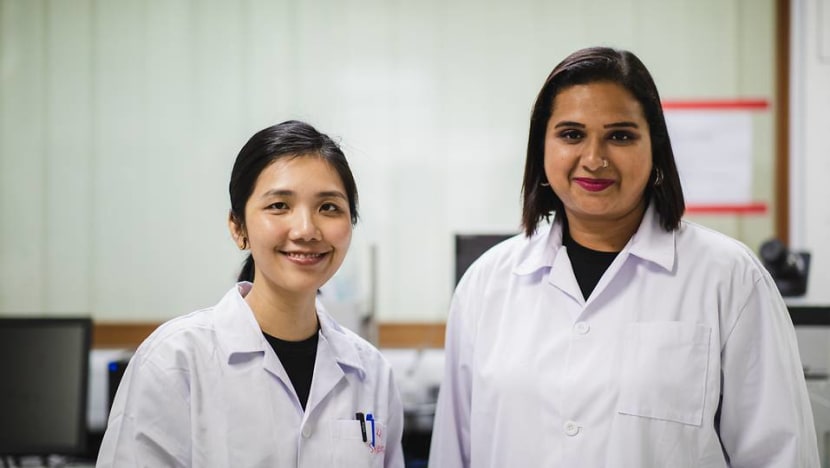
The only thing is that the company cannot make “a structured shrimp” right now. “It’s minced, hence the dumpling. But we’re working towards a shrimp that will look like the real thing,” she says.
She herself, as a vegetarian, had never eaten shrimp before that, “so you can imagine that it’ll take me a while to get used to the taste”.
“But I know that I can eat it without any guilt ... I know where exactly it comes from and I know that we’ve made it,” she adds, citing “clean shrimp farms” as the source of the stem cells.
“We take those shrimps that are not treated with antibiotics (nor) bleach, (and) don’t have heavy metals or mercury.”
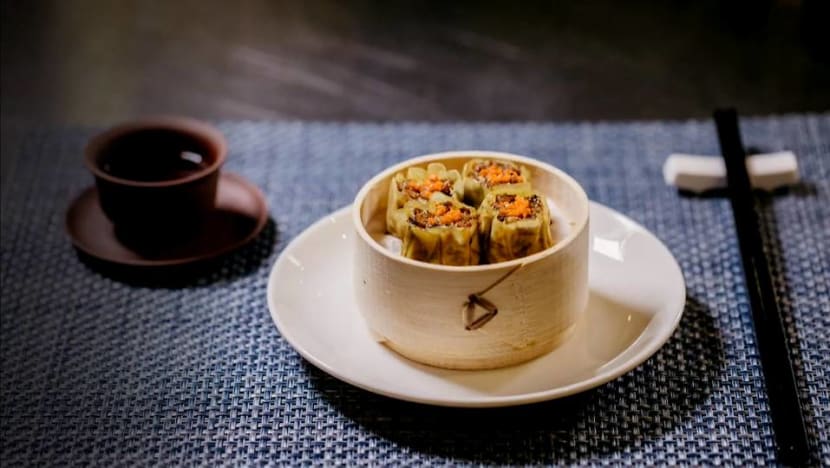
Shiok Meat also runs its final product by third-party organisations that do accredited testing for those components.
And even before the company can take its meat to restaurants, let alone people growing their own meat, Sandhya thinks the world is already witnessing a revolution with people talking about cell-based meats.
“(This) is very, very important because for us ... consumer education is more important than getting the product to market so fast. Because we have to educate consumers as to why they have to choose this product,” she says.
Watch the full exclusive interview here. CNA’s In Conversation airs on Wednesdays at 9pm.
